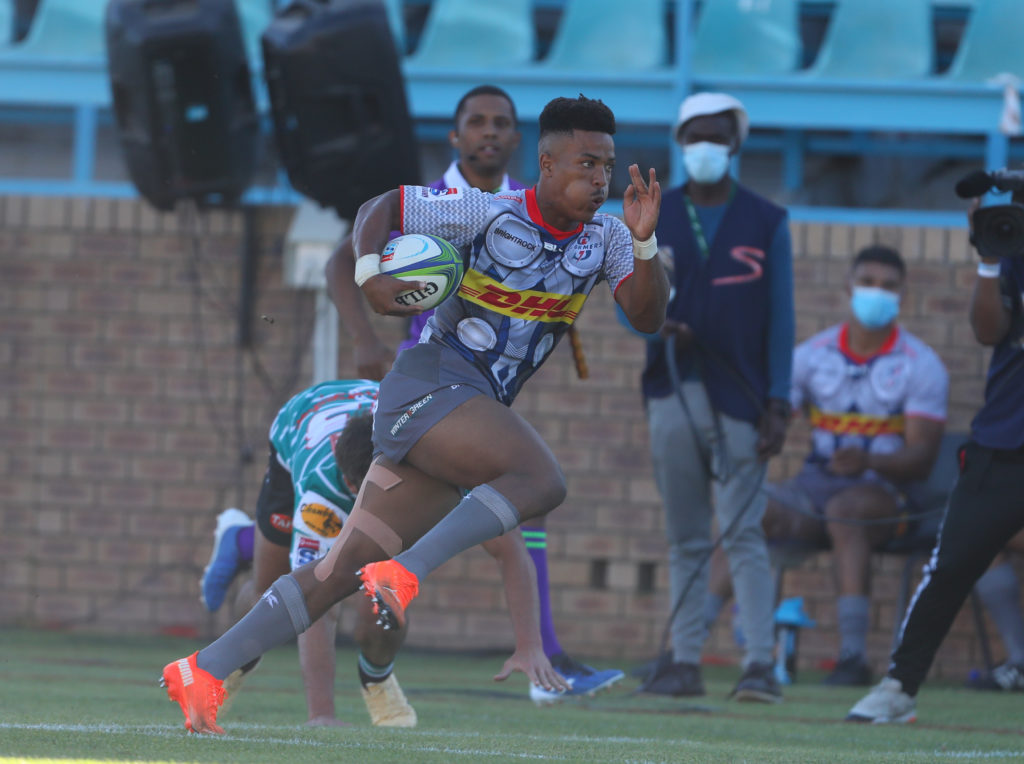There are positives to be taken from the Stormers’ six-try victory over Griquas but there are areas of their game that need improvement, especially an ability to adapt to the other side’s style of play, writes JAMES DALTON.
Looking back to the start of the year, the Springbok-laden Stormers came into the season under the weight of high expectations, and rightly so. Fast forward a year and that same side, sans Siya Kolisi, Pieter-Steph Du Toit and other national talents at various stages of the season, have not quite delivered on these expectations.
The Stormers need to show that they are bigger than simply their Springboks, but they also need to acknowledge that they do not have the ‘Bomb Squad’ of Rassie Erasmus’ World Cup winners. They do, however, have extensive talent. Saturday’s bounce-back from a thumping by the Vodacom Bulls the previous week showed what the Stormers are capable of if they are to continue to look to adapt and improve.
Six tries are an impressive tally in Super Rugby Unlocked, regardless of against which side. Yes, Griquas lie bottom of the log but Kimberley conditions are hot and tough and I had initial reservations about the Stormers’ conditioning.
I liked that Dobbo went back to basics before throwing the ball around, and the first-half showing from the Stormers was clinical. They made more running metres and fewer tackles and won the territory battle by pinning Griquas in their own half, gaining ascendancy from there.
Like I always say, when you effectively kick for territory you gain the opportunity to create a turnover or force a penalty, which then means either kick for the line and drive – which is a South African and Stormers strongpoint – or take the three points.
An important element in their victory and what is fast becoming decisive in every rugby match, is the breakdown and when to contest it versus when to use a rush defence. I thought the Stormers navigated this grey area well, opting to force errors through rushing in their own 25 but contest the ball further upfield.
They need to make sure to maintain this ruck-time intensity on attack, though, and blow quickly over the ball to negate the 50-50 opportunity that the breakdown creates.
I also enjoyed that the Stormers used the width of the field both on attack and defence, as I mentioned last week that many South African teams other than the Bulls struggle to utilise the left and right of the pitch effectively.
Where the Stormers still need to improve, though, is in their fluidity, capitalisation and ability to adapt to the opposition.
Their backline play is still fairly one-dimensional and reliant on forward dominance. I would like to see more structured moves that bring the wings into play, switch the direction of play and give the opposition a tactical battle. Their passes also need to stick for anything to work, and the backline needs to take ownership of creating opportunities.
In terms of capitalisation, I feel South African teams in general, and especially the Stormers in this case, gain such great momentum through their set-piece and forward dominance but then kick the ball away while still on the front foot.
It is important to note, too, that box kicks and high aerial bombs are not necessities but rather tactical kicks with the very specific intention of forcing mistakes, keeping the opposition pinned back and recovering the ball.
They should be kicked between the halfway line and your opponent’s 25 to negate the chance for them to kick the ball straight out and creating the opportunity for a turnover or penalty close to the line, as well as to ensure that if you recover it you are in a threatening attacking position.
When I say that the Stormers need to improve their ability to adapt, I mean they need to have a plan for when their strengths are being nullified. A few times this year, their scrum has saved them, but when the Bulls matched their efforts at scrum time, the whole team fell apart.
This also speaks to a need to address the wider gameplan at the Stormers and make it less direct. You have to be able to field another team’s tactics and respond accordingly, but you can’t simply carry on with the same approach if it isn’t working or try to mirror the other team’s style – because then they will beat you at their own game.
I am happy for Dobbo that his side bounced back, and when you look at the talent that the squad has and the glimpses they show of that, there is lots to be excited about. For now, though, it’s back to basics and I’m hoping that they can build on the positives and acknowledge and improve on the weaknesses moving forward.





